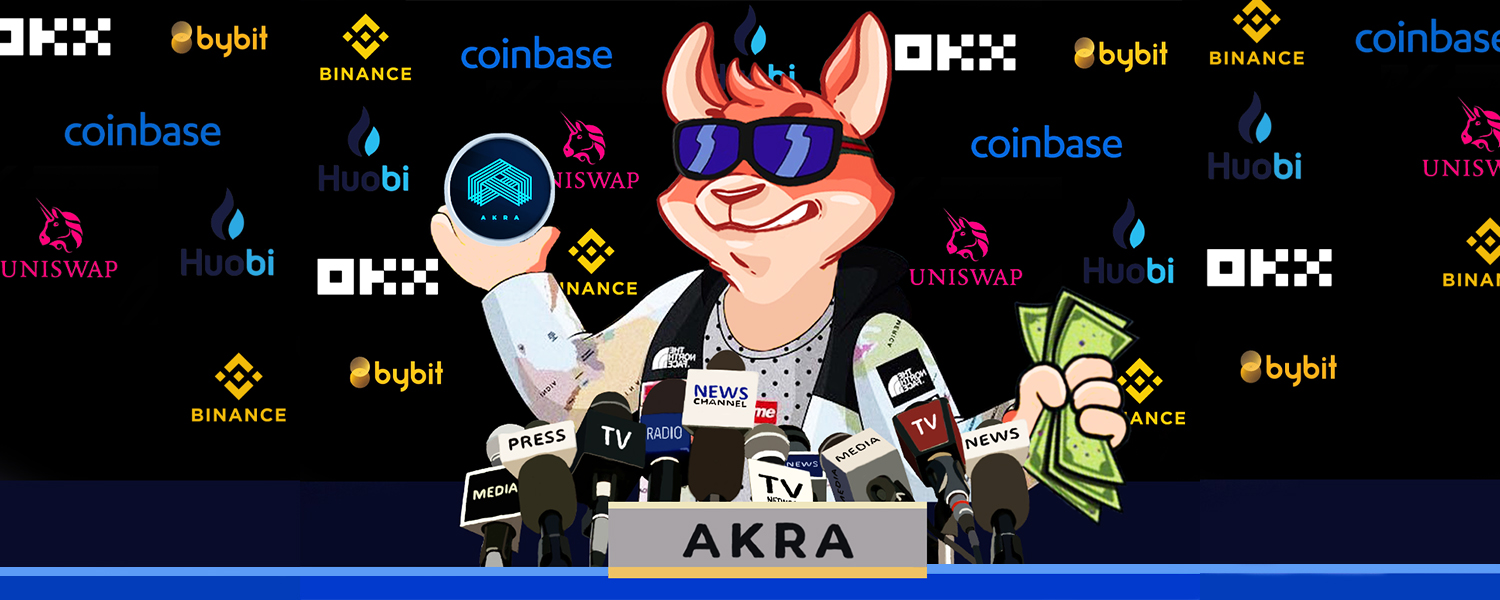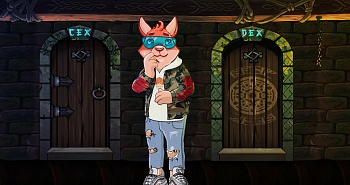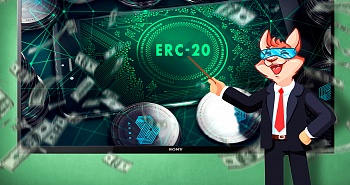Social tokens are cryptocurrencies created by an individual, most often a well-known person or community. Accordingly, there are two categories — personal and community tokens.
Personal social tokens are issued by people and are often used to pay for some work. For example, a designer gets 50 social tokens for an hour of work. Another variant is that a musician can use a smart-contract and issue a social token that is directly related to his reputation or income.
These coins are essentially a kind of pass to an elite private club - with which owners can receive privileges when interacting with their idols or brands. Typically, they are granted certain benefits, such as control votes in the community that issued the token, or access to closed social networking groups, Discord servers.
Sometimes tokens act as rewards, thereby encouraging a certain pattern of behavior. For example, a community might launch a contest, the winners of which are selected by a vote of the token owners.
The area of application of social tokens will expand as the use of cryptocurrency develops. But it's already an interesting enough direction, because as blockchain is integrated into third-party services, any person or company will be able to create social tokens based on it. And as influencers and the community are able to add value through their actions, the value of the coin in this blockchain will increase.














